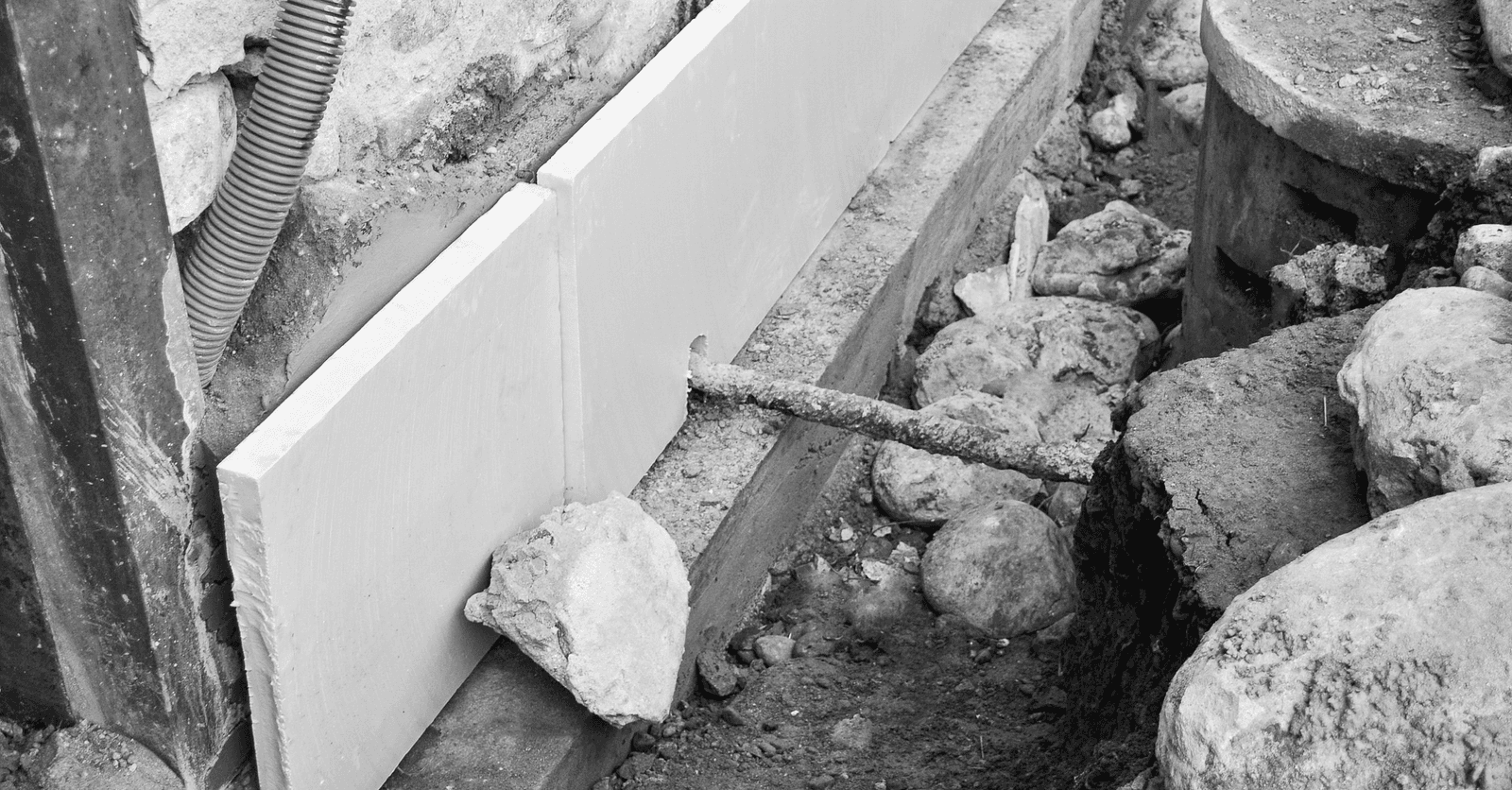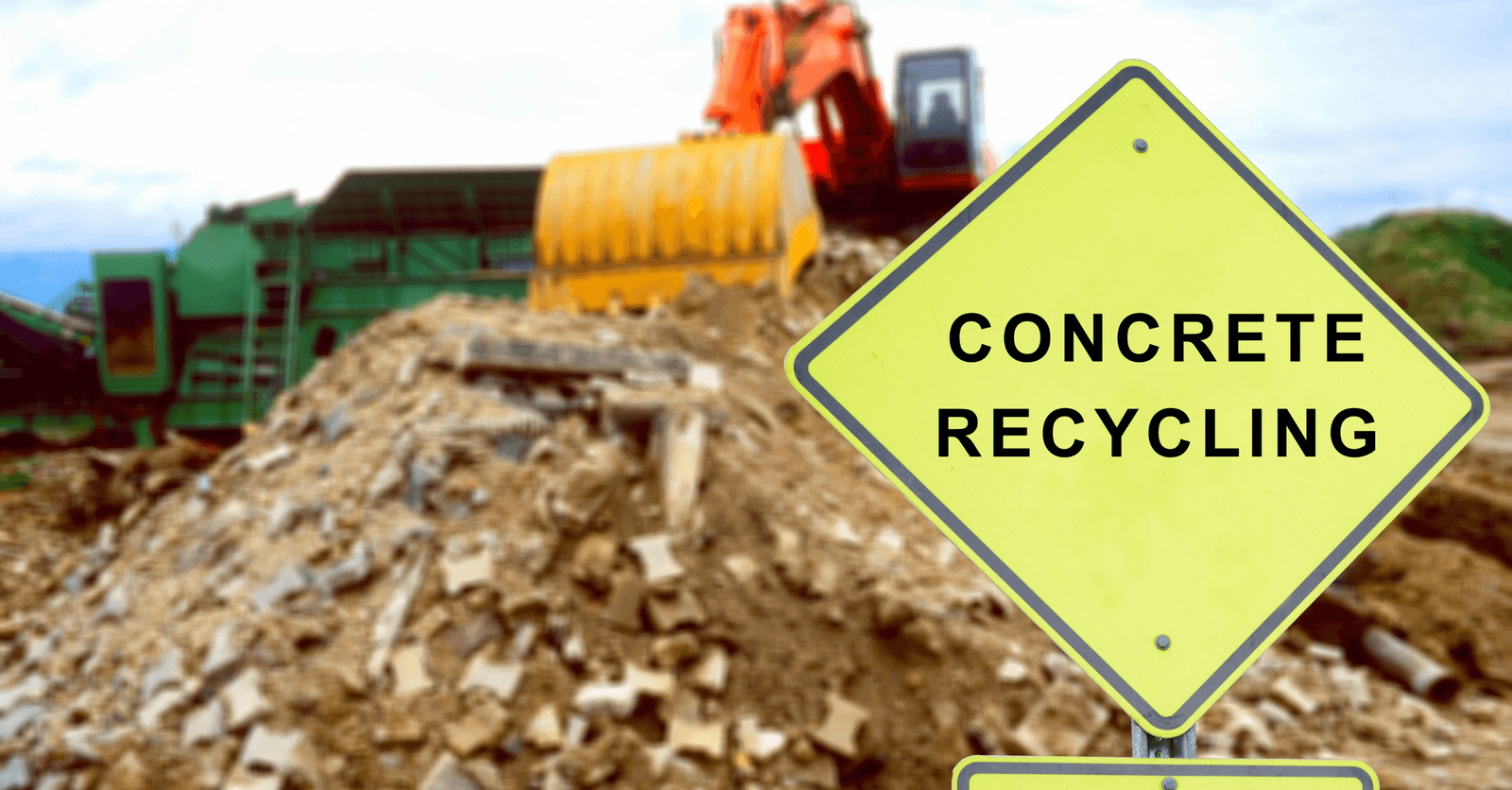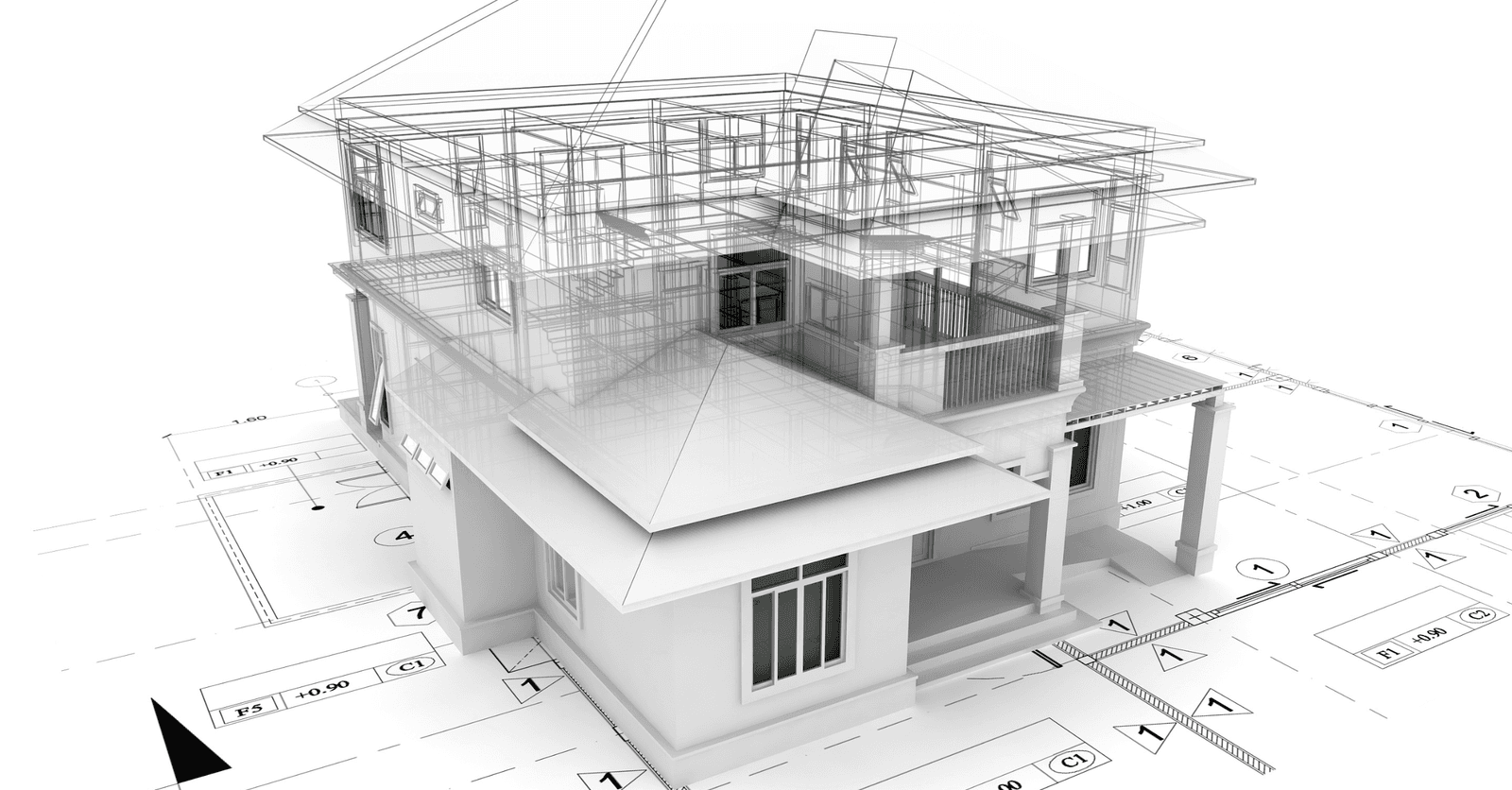
In the past, concrete, rigid insulation, and waterproofing systems were largely underdeveloped. Consequently, houses couldn't be built directly on the ground. Therefore, to protect homes from water infiltration and excess humidity, they were built over crawl spaces. However, with today's building materials and techniques, having this type of feature built is no longer necessary. Moreover, crawl spaces are notorious for their drawbacks, rather than for their advantages.
A crawl space is a confined space anywhere between 30 and 60 cm high. Note that the primary purpose of a crawl space is to provide access to a home’s plumbing system. And, with home prices having significantly increased over the past few years, homeowners are eager to excavate their crawl spaces to enhance the square footage of their homes.
Why Excavate a Crawl Space?

Source : Canva
To avoid moving
In some heavily populated neighbourhoods, especially in Montréal, it's impossible to expand your home by adding an extension. The only option to increase the size of your property without having to move is to build an extension from the bottom up.
To increase the value of your property
In some areas, housing prices have literally exploded. Naturally, when it comes to selling, homeowners want to get the most out of the sale. Excavating the crawl space is the best way to increase the value of your home.
To enhance the state of your house
If your home is old and has structural or foundation problems, excavating the crawl space can increase its durability. Such a renovation project would restore the lower portion of the property while improving its stability.
To add space
Since the crawl space is a confined, restricted space, extending the space for storage purposes can be a good idea. As a result, some homeowners decide to convert their crawl space into a cellar. This project is much simpler than transforming it into a living space because the current standards are easier to meet than those for a furnished basement.
Excavating a Crawl Space: Regulations

Excavating a crawl space involves underpinning work. As such, it's imperative to check the regulations set forth by your municipality prior to undertaking any work. In addition, certain restrictions can be imposed depending on the type of work you plan on executing.
For instance, if you're furnishing a basement, you’ll have to account your an emergency exit. If you're planning to convert it into a living space, you'll need to allow for natural lighting (windows), which must amount to 5% of the room's surface area when it comes to bedrooms and 10% for dining or living rooms.
10-Step Guide to Excavating a Crawl Space

Source : Canva
1. Get an excavation permit from the city
2. Hire a structural engineer to assess the feasibility of the project
First, the structural engineer will ensure that your renovation project meets current regulations. They'll also analyze several elements, including the property's soil and the structural condition of the house, before providing you plans and a cost estimate for the excavation. Then, the renovation process can begin!
3. Knock down one of the foundation walls
4. Dig to the required underpinning depth
5. Set up steel piles to support the structure
6. Remove the excavated soil and dump it outside the space
7. Install wooden formwork
8. Build a new concrete foundation
9. Waterproof the new foundation and dig a drainage trench
10. Pour concrete on the new slab and proceed with the finishing work
Cost of Excavating a Crawl Space

Source : Canva
Excavating a crawl space requires underpinning work, which is a risky renovation technique, both for the house and the on-site workforce. Several factors impact the price of a crawl space excavation, including the condition of the house, the type of soil, the area to be excavated, etc.
Basement excavation prices range from $50,000 to $150,000. However, in some cases, this type of project can be even more expensive. For instance, take the Plateau Mont-Royal area, where most houses are built on a stone foundation with a crawl space.
If you're planning to excavate your crawl space to expand your home, shop around prices among contractors to get the best value for your money. You'll find that quotes vary widely, and significant savings are to be had.
Are you planning a basement renovation project? We've put together a handy checklist to help you manage the various stages of the project. Click here to check it out and bookmark it!
Cover photo: Systèmes Sous-sol Québec
Photos: Deposit Photo
Get 3 quotes for your renovation project
RenoQuotes.com can help you get quotes from a general contractor. By submitting your project, we’ll put you in contact with top-rated contractors. Fill in the form on the homepage (it only takes a few minutes) and get estimates from trusted professionals.
Dial 1-844 828-1588 to speak with one of our customer service representatives.
Looking for something else?
Related articles
The latest industry news, interviews, technologies, and resources.

Editorial Team
•28 Jan 2026
In Canada, vehicles are often exposed to bad weather, and during the winter, many turn to temporary solutions to protect their cars. However, there are more aesthetic and durable options out there, some requiring less space than a garage.

Editorial Team
•05 Feb 2026
The cost of foundation repair varies widely, and many Canadian homeowners like to look up how much foundation repair costs before committing to a project. Pricing depends on excavation depth, soil type, and building size—and may rise significantly in 2026 based on damage severity. This article breaks down common solutions so you can budget more confidently.

Amanda Harvey
•08 Nov 2023
After the excesses of the holiday season and at the start of a new year, society becomes captivated with making resolutions that often manifest in better lifestyle choices: people look to live cleaner and more efficiently while still indulging in their passions. In this regard, the Swedish concept of "Lagom" is currently trending: an ethos of moderation and minimalism.

Editorial Team
•27 Aug 2025
Did you know that concrete could be recycled? Well, yes siree Bob! Concrete recycling is a technique used to salvage concrete waste. It’s an alternative to disposing of it in landfills that happens to be both cost-effective and eco-friendly. So, let’s zero in on concrete recycling, a practice that’s still, to this day, little known in Canada.

Editorial Team
•04 Nov 2025
Planning a home add-on is a serious project requiring technical expertise and design experience. With such a big project to undertake, you might be left with some equally big questions. Why is an architect essential? What are the costs involved? How do you find the right professional? Luckily, you'll find the answers to all of those questions and more in this article. So, here's everything you need to know to ensure your project’s success.